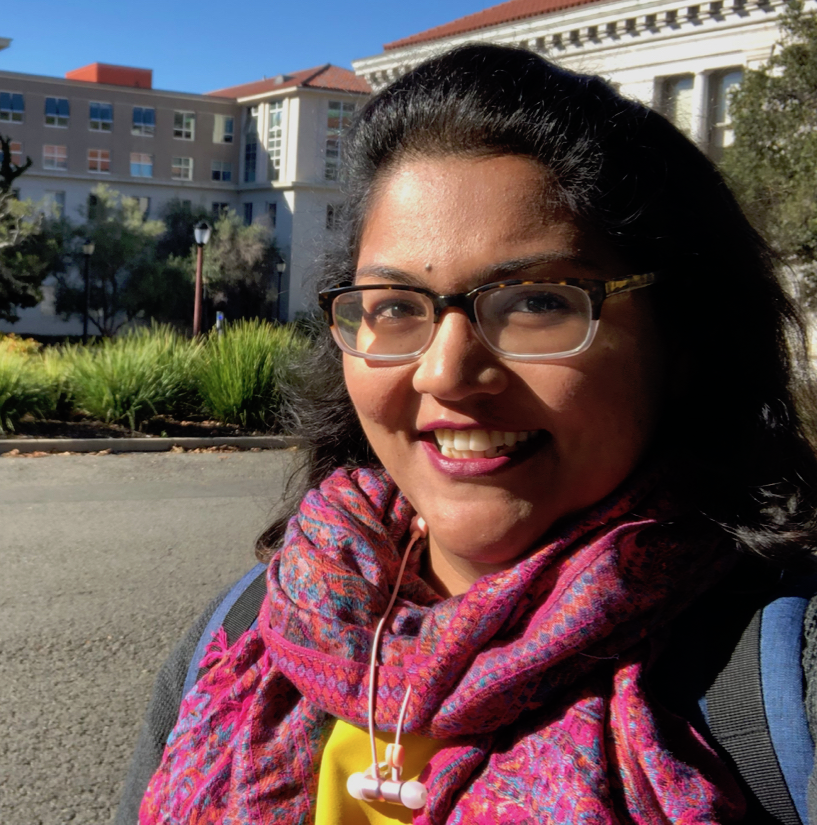students
PhD students, UCSD
[dissertation co-chair] Siddhartha Baral

Siddhartha’s research interests include the politics of ethnicity, identity, and development in the South Asian setting. Most of the questions he is interested in revolve around the interplay between politically contested identities (ethno-national, religious, caste) and opinion (elite, non-elite), the conditions under which or ways in which one may affect the other, and the material consequences of such relationships.
Before UCSD, Siddhartha worked as a research associate/analyst for J-PAL in Delhi, India, and IFPRI in Washington, DC, and was involved in various aspects of the design, implementation, and analysis of experimental and quasi-experimental studies. He holds a BA from Bard College and an MA from the University of Chicago.
[dissertation co-chair] Narmin Butt
[dissertation committee member] Syeda ShahBano Ijaz website

ShahBano’s dissertation project studies democratic accountability and foreign aid in developing democracies. Specifically, she studies the demand for and provision of last mile access to foreign aid funded projects in Pakistan and what it bodes for the accountability of local politicians. She has an M.A. in Politics from NYU and an MSc. in Economics for Development from the University of Oxford, where she has been a Commonwealth Scholar.
[dissertation committee member] Leo Yang website
Leo’s research interests include computational social science, political economy, and development economics. His work focus on how the media (e.g. newspapers and Weibo) influences economic, social, and political issues. He is currently visiting Stanford University as a pre-doctoral fellow.
[dissertation committee member] John Porten website

John’s dissertation considers how the presence of pre-existing civil society organizations changes the strategic behavior of rebel groups. In particular, he hypothesizes that rebel groups will choose to use well-organized allied communities as “base areas” before expanding into poorly-organized allied communities. Rebel groups respond to pre-existing organization among their allies because they trust that civic organizations will help solve local coordination problems. Rebels pay higher costs for coordination and cooperation in communities with less pre-existing organizational capacity.
John argues that rebel decisions about where to base and how to expand has predictable consequences on conflict and post-conflict outcomes, such as civilian casualties, civilian displacement, the provision of local services by rebels and the state, and patterns in post-conflict voting. His field research in Nepal has developed a unique dataset of civic participation in grassroots conservation groups, civilian casualty data at the village level broken down by ethnicity and caste, and data on the location and timing of the closure of Nepali state policing services in contested villages.
[dissertation committee member] Steven Brownstone (Economics)
[dissertation committee member] Stefan Faridani (Economics)